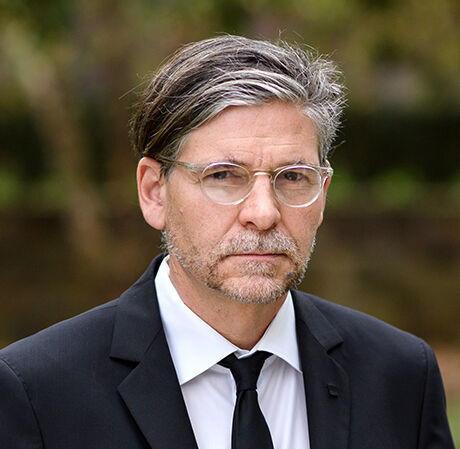The triumph of Recep Tayyip Erdogan in Turkey’s first direct presidential election is no surprise.
Erdogan is popular and, as prime minister since 2003, he has been riding a wave of economic success. But he is also a populist, who has steadily tightened his grip on the state and the media, demonising all critics (including former allies such as the expatriate cleric Fethullah Gülen) in the process.
As with other populist leaders, such as Hungarian Prime Minister Viktor Orbán or the late Hugo Chávez in Venezuela, reconciling Erdogan’s electoral promises and his performance in office is a puzzle. Such figures start out attacking their opponents’ corruption and accuse them of hijacking the state for a self-serving political establishment that excludes the interests of ordinary people.
Yet, when in power, they end up behaving exactly the same, treating the state as their or their party’s property and engaging in, or at least condoning, corruption.
Usually, this apparent hypocrisy does not hurt populists’ electoral prospects, as Erdogan’s success has just dramatically demonstrated. Why?
Contrary to much conventional wisdom, populism is not defined by a particular electoral constituency — such as the lower middle class — or by simplistic policies pandering to the masses, as liberal observers often argue.
Rather, populism is a thoroughly moralised conception of politics, and a populist is a politician who claims that he or she — and only he or she — truly represents the people, thus relegating all political opponents to the role of iniquitous pretenders.
Behind this claim stands the further assumption that the people have one common will that genuinely aims at the common good, and that the people’s authentic leader — such as Erdogan, who campaigned under the slogan “National will, national power” — can identify and implement it.
Populists, then, are not only anti-elitist; they are necessarily anti-pluralist and hence anti-liberal. Their politics is always polarising, splitting the actual citizenry into a pure, moral people and the immoral others — whom Erdogan has often simply called “traitors”.
In the eyes of the populist, there cannot be anything like a legitimate opposition. Whoever is against the leader is automatically against the people. And, according to this logic, whoever is against the people cannot truly belong to the people.
This explains Erdogan’s accusation that the protesters in Gezi Park last summer, who demonstrated against his government’s plans to erect a shopping centre, were not proper Turks at all.
And it explains his astonishing pronouncement earlier this year when he accepted his Justice and Development Party’s nomination to be its presidential candidate: “We are the people. Who are you?”
It is often said that populists cannot govern, or will be exposed as incompetent, when elected to office. According to this view, populist parties are essentially protest parties, and protest cannot govern, because it is impossible to protest against oneself.
But things are not that simple. Populists typically adopt a governing style that mirrors the very accusations that they levelled against the previous political establishment.
They grab whatever power they can, disable checks and balances, fill all state offices with cronies and reward their supporters (and only their supporters) with benefits in exchange for their loyalty — what political scientists call “mass clientelism”.
Austrian arch-populist Jörg Haider, for example, would literally hand out 100 euros ($134) bills to “his people” on the street.
Of course, all parties seek to take care of their constituencies first. What is peculiar about populist politicians is that they can do so openly and with a clean conscience. After all, if only their supporters are really “the people”, everyone else is undeserving.
In the same vein, populist parties tend to colonise the state with alacrity. If only one party truly represents the people, why should the state not become the instrument of the people?
And when populists have an opportunity to write a new constitution, why should they not ride roughshod over any opposition, which, by definition, must comprise the enemies of the people (who often are accused of being foreign agents)? This explains why populist governments’ clientelism and corruption do not erode their leaders’ core support among the electorate.
Such practices are perceived as serving a moral “us” at the expense of the immoral or foreign “them”.
Thus, liberals’ belief that they have only to expose the populists’ corruption to discredit them is a vain hope. They also have to show that for the vast majority of citizens, clientelism yields no benefits, and that a lack of democratic accountability, a dysfunctional bureaucracy and erosion of the rule of law will in the long run hurt the people — all of them.
The writer is a professor of politics at Princeton University and a visiting fellow at the Institute for Human Sciences, Vienna. ©Project Syndicate/Institute for Human Sciences, 2014. www.project-syndicate.org
